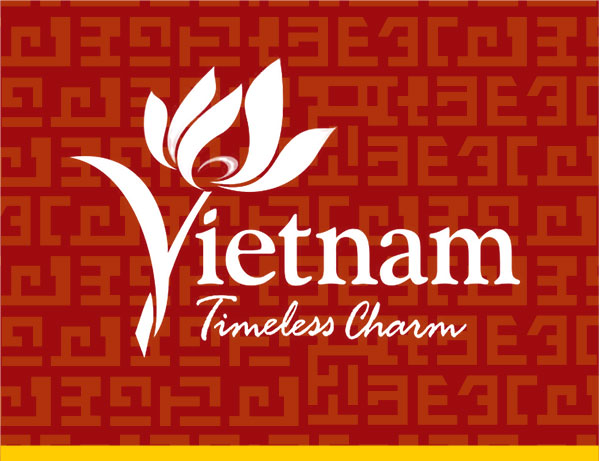The victory
The end of the ‘American Conflict’, or the ‘Vietnam Struggle’ as it is higher recognized by the US and its allies, was a defining moment within the history of both protagonists. For Vietnam, it was a vision of peace and prosperity, while the people of the United States have been plunged into bitter recriminations and self-doubt.
A harsh awakening
However, the victory elation was quick-lived for the Vietnamese. The legacy of the American battle was a wasteland over much of the country, the just about complete destruction of the nation’s infrastructures, and a deep and bitter divide between the North and the South. The country was diplomatically isolated, and each Cambodia and China has been contemplating exploiting its perceived weakness.
The exodus
Even before the South fell, supporters of the Saigon regime started to flee the nation, fearing retribution. After the victory, the outflow became a torrent as lots of hundreds of Vietnamese scrambled to escape throughout land, or because the ‘boat individuals’. Most of them were intellectuals, entrepreneurs and ethnic Chinese, thereby additional depleting the pool of talent accessible to rebuild the shattered South.
A nation ‘non gratia’
Instead of promised reparations, the US imposed a good economic embargo, and pressured different international locations to do the identical, making Vietnam an international pariah. Even Vietnam’s invasion of Cambodia in response to incursions and massacres of Vietnamese people by the genocidal Kh’mer Rouge was treated as a hostile invasion of a sovereign nation. For ridding the world of one of the vital obnoxious regimes ever, Vietnam obtained solely vilification and condemnation from the international community.
Deprived of loans and foreign assist, and reeling from an unwell-advised try to use Soviet-style collectivization of agriculture, Vietnam turned to the USSR. Anxious to establish an army presence in S.E. Asia to counter the American threat, the Soviet Union supplied assist in alternate for naval bases.
Nonetheless, the plight of the Vietnamese worsened, and, by the mid-eighties, inflation was working at 700% and hunger was claiming yet extra victims.
Radical measures
With the continuing survival of Vietnam within the stability, drastic motion was necessary. In 1986, the Occasion Congress swept away the panoply of Soviet-style communism. Collectivisation and central planning were deserted, agriculture and retail actions were ‘privatized’, overseas investment was inspired and Vietnam embraced the market economy.
The new strategy was called ‘doi moi’. The term has no real equivalent in English – a mix of reform, renovation and new considering provides a flavour of the concept. Whatever the complexities of its meaning, doi moi was excess of a brand new policy. It was a whole reversal of what had gone earlier than, and unique among the many worlds’ socialist states.
An admission of failure?
The Sixth Vietnam Communist Party Congress of 1986 wound together the primary threads of Vietnamese history to create the doi moi programme. Elsewhere, such a radical transformation could happen only by revolution. Little wonder that then, and nonetheless in the present day, Vietnam’s abrupt change of direction was seemed upon from overseas as financial opportunism, a tacit admission of the failure of socialism and an acceptance of Western-model financial and social reforms.
Taking the long view
Although doi moi was a public recognition of the shortcomings of the Soviet model of Marxist-Leninism (later vindicated by the collapse of the United States in 1991), it was neither opportunism, nor a need to emulate the Western model.
Ever for the reason that experience of Chinese domination, the Vietnamese have all the time taken the long view, putting expediency above ideology with the protection of the Vietnamese nation as an over-riding consideration. Recognizing that economic energy and stability were conditions of free common training, health care and welfare provision, doi moi successfully put the socialist imaginative and prescient ‘on maintain’ to permit the country to rebuild.
